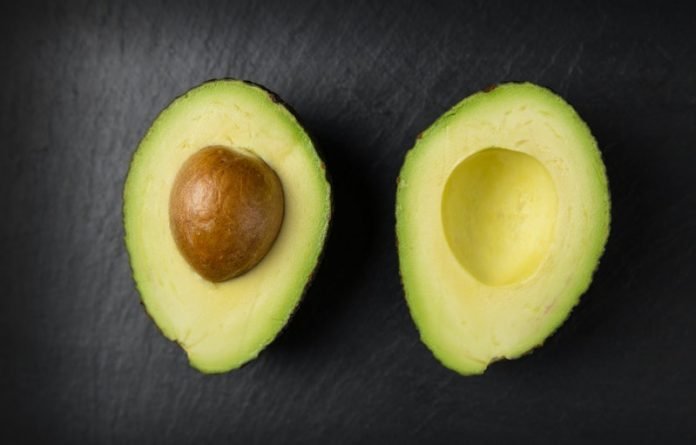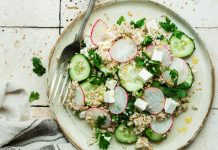
Scientists from Pennsylvania State University found that eating one avocado a day as part of a heart-healthy, cholesterol-lowering moderate-fat diet can help improve bad cholesterol levels in overweight and obese people.
The research is published in the Journal of the American Heart Association and was conducted by Penny M. Kris-Etherton et al.
In the study, the team evaluated the effect avocados had on heart risk factors by replacing saturated fatty acids from an average American diet with unsaturated fatty acids from avocados.
They tested 45 healthy, overweight or obese people between the ages of 21 and 70. They were put on three different cholesterol-lowering diets.
Participants consumed an average American diet (consisting of 34 percent of calories from fat, 51 percent carbohydrates, and 16 percent protein) for two weeks prior to starting one of the following cholesterol-lowering diets:
Lower fat diet without avocado, a moderate-fat diet without avocado, and a moderate-fat diet with one avocado per day.
The two moderate fat diets both provided 34 percent of calories as fat (17 percent of calories from monounsaturated fatty acids, whereas the lower fat diet provided 24 percent of calories as fat (11 percent from MUFAs).
Each participant consumed each of the three test diets for five weeks. Participants were randomly sequenced through each of the three diets.
Researchers found that compared to the baseline average American diet, low-density lipoprotein (LDL) – the so-called ‘bad cholesterol’ – was 13.5 mg/dL lower after consuming the moderate fat diet that included an avocado.
LDL was also lower on the moderate fat diet without the avocado (8.3 mg/dL lower) and the lower fat diet (7.4 mg/dL lower), though the results were not as striking as on the avocado diet.
Several additional blood measurements were also better after the avocado diet versus the other two cholesterol-lowering diets as well: total cholesterol, triglycerides, small dense LDL, non-HDL cholesterol, and others.
These measurements are all considered to be cardio-metabolic risk factors in ways that are independent of the heart-healthy fatty acid effects.
The team says scientists need to focus on getting people to eat a heart-healthy diet that includes avocados and other nutrient-rich food sources of better fats.
For the study researchers used Hass avocados, the ones with bumpy green skin.
In addition to MUFAs, avocados also provided other bioactive components that could have contributed to the findings such as fiber, phytosterols, and other compounds.
If you care about nutrition, please read studies about how to reverse heart failure with diet, and how to heal a leaky gut with diet.
For more information about nutrition, please see recent studies about 15 foods for a healthy heart, and results showing green tea can boost your immune function.
Copyright © 2022 Knowridge Science Report. All rights reserved.



